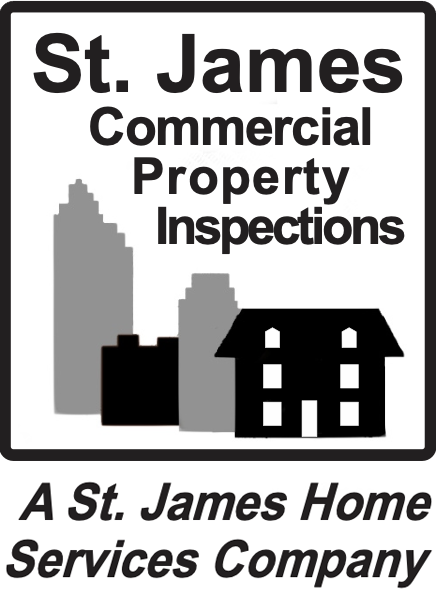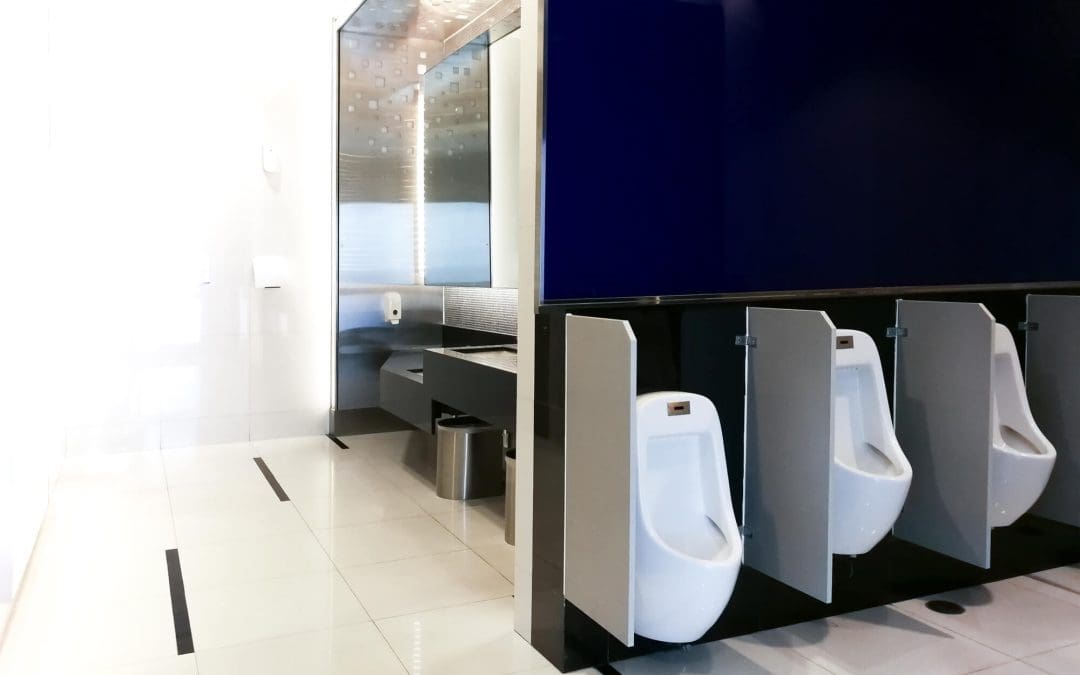Maintaining the plumbing system of a commercial property is vital for ensuring a safe, comfortable, and efficient environment for employees, clients, and customers. Regular plumbing maintenance can prevent costly repairs, minimize downtime, and extend the life of your plumbing infrastructure. Here’s what you need to know about keeping your commercial property’s plumbing in top shape.
Schedule Regular Inspections During Plumbing Maintenance
One of the most effective ways to maintain your plumbing system is by scheduling regular inspections. Professional plumbers can identify potential issues before they become major problems, such as leaks, blockages, or corroded pipes. These inspections should be done at least annually, but more frequent checks might be necessary depending on the age and usage of your plumbing system. Regular inspections can help you address minor repairs early, preventing more extensive damage.
Monitor Water Pressure
Water pressure that is too high or too low can lead to significant plumbing issues in a commercial property. High water pressure can strain pipes, leading to leaks or bursts, while low water pressure might indicate a blockage or a problem with the main water line. Regularly monitor your water pressure and ensure it remains within the recommended range. If you notice any sudden changes in water pressure, have a professional investigate the cause immediately.
Prevent Clogs with Proper Maintenance
Clogs are common in commercial properties, particularly in bathrooms and kitchens. To prevent clogs, ensure that only appropriate materials are flushed or disposed of in drains. Regularly clean out drains to remove any buildup of grease, hair, or other debris. Consider installing drain guards or screens to catch large particles in high-traffic areas before they can cause a blockage.
Inspect and Maintain Water Heaters During Plumbing Maintenance
Water heaters are a critical component of your commercial plumbing system. Regular maintenance is essential to ensure they function efficiently and safely. Check the temperature settings to ensure they are within a safe range, typically between 120 and 140 degrees Fahrenheit. Regularly inspect water heaters for signs of corrosion, leaks, or sediment buildup. If your water heater is over ten years old, consider replacing it with a more energy-efficient model to save on operating costs and reduce the risk of breakdowns.
Address Leaks Immediately
Even small leaks can lead to significant damage over time if not addressed promptly. Leaks can cause water damage to your property, increase water bills, and contribute to mold growth. Regularly inspect your plumbing fixtures, including faucets, toilets, and pipes, for any signs of leaks. If you notice damp spots, water stains, or an increase in your water bill, it’s crucial to have a plumber identify and repair the leak as soon as possible.
Ensure Proper Winterization
If your commercial property is located in an area that experiences cold winters, properly winterizing your plumbing system is crucial. Frozen pipes can burst, leading to extensive water damage and costly repairs. Before the cold weather hits, ensure that all exposed pipes are insulated. Drain and shut off outdoor water lines, and consider installing frost-proof spigots. If your property will be vacant during the winter, it’s a good idea to have the plumbing system professionally winterized to prevent freezing.
Keep an Eye on the Sewer System
The sewer system is an integral part of your commercial property’s plumbing. Regular maintenance and inspection can help prevent sewer backups, which can be messy and expensive. Ensure that your sewer lines are clear of obstructions and that any trees or shrubs near the lines are not causing root intrusion. If your property is prone to flooding, consider installing backflow prevention devices to protect your property from sewer backups.
Plan for Emergency Repairs
Despite the best maintenance practices, plumbing emergencies can still occur. It’s essential to have a plan in place for dealing with these situations quickly and efficiently. Identify the location of your property’s main water shutoff valve and ensure that all relevant personnel know how to operate it. Establish a relationship with a reliable commercial plumber who offers emergency services and can respond promptly when issues arise.
Regular plumbing maintenance is crucial for keeping your commercial property running smoothly. With a proactive approach to plumbing maintenance, you can protect your investment and provide a comfortable environment for everyone who uses your property.
Plumbing Maintenance FAQs
What are the signs that my commercial property might have a hidden leak?
Signs of a hidden leak include unexplained increases in water bills, damp or discolored walls, ceilings, or floors, a persistent musty odor, and the sound of running water when no fixtures are in use. Identifying these signs early can prevent significant damage.
Can I use chemical drain cleaners to prevent clogs in my commercial property?
While chemical drain cleaners are readily available, they can be harsh on your plumbing system, especially with frequent use. It’s better to prevent clogs with regular maintenance, such as cleaning drains and using enzyme-based cleaners that are gentler on pipes.
What temperature should I set my commercial water heater to?
Setting the water heater between 120 to 140 degrees Fahrenheit is ideal for most commercial properties. This range is hot enough to prevent bacterial growth while being safe for general use and energy-efficient.
How can I reduce water consumption in my commercial property?
Reduce water consumption by installing low-flow fixtures, regularly inspecting for leaks, using water-efficient appliances, and educating employees on water conservation practices. Monitoring your water usage can also help identify areas for improvement.
St. James Commercial Property Inspections provides comprehensive commercial inspections in Durham, Alamance, Caswell, Chatham, Franklin, Granville, Orange, Person, Vance, and Wake Counties of North Carolina. Contact us to schedule our services.

